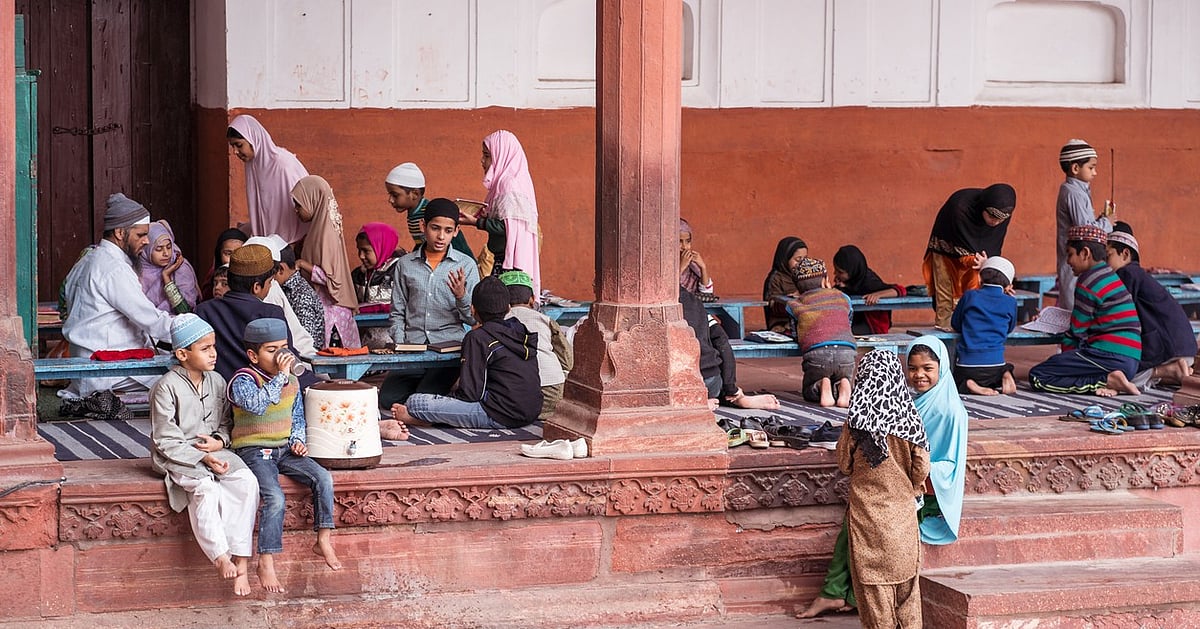 |
|
The Supreme Court of India has reserved judgment on a plea challenging the Allahabad High Court's decision to quash the Uttar Pradesh Madrasa Education Act, 2019. The case centers around the state government's appeal against the High Court's ruling, which deemed the entire regulatory framework for madrasas in the state as unconstitutional. The High Court's decision was based on concerns about the Act's potential to infringe on fundamental rights, specifically the right to freedom of religion and the right to education.
During the hearing before the Supreme Court, Additional Solicitor General K.M. Nataraj, representing the Uttar Pradesh government, argued that the High Court should have only struck down the provisions of the Act that violate fundamental rights, instead of nullifying the entire regulatory framework. He maintained that religious instructions have never been considered anathema in India, and the government's intention was to ensure quality education and transparency in madrasas.
The Supreme Court's final verdict on this matter will have significant implications for the regulation of madrasas in Uttar Pradesh and potentially set a precedent for similar regulations in other states. The outcome will depend on the court's interpretation of the Madrasa Education Act and its compliance with the constitutional guarantees of religious freedom and educational rights.
